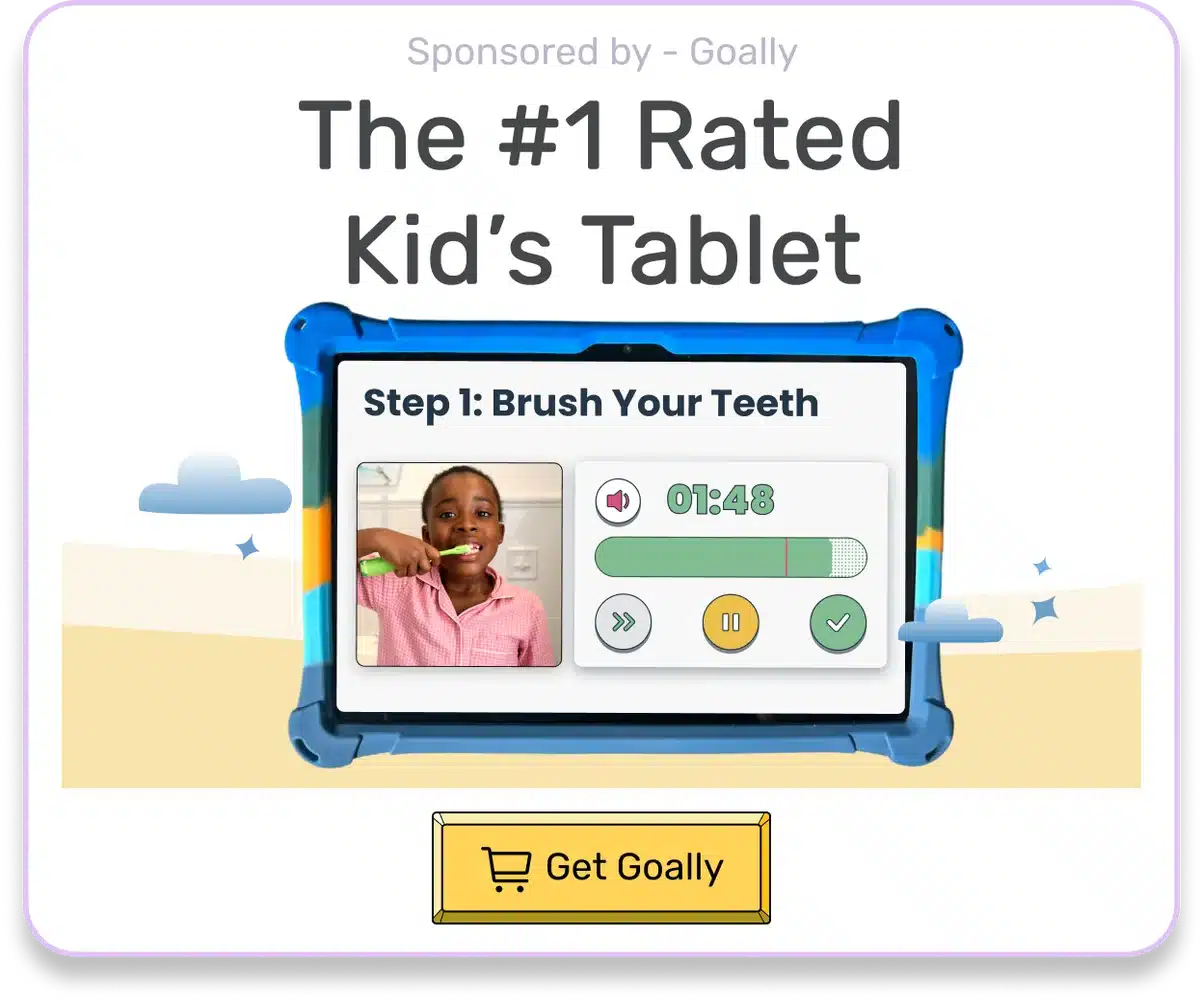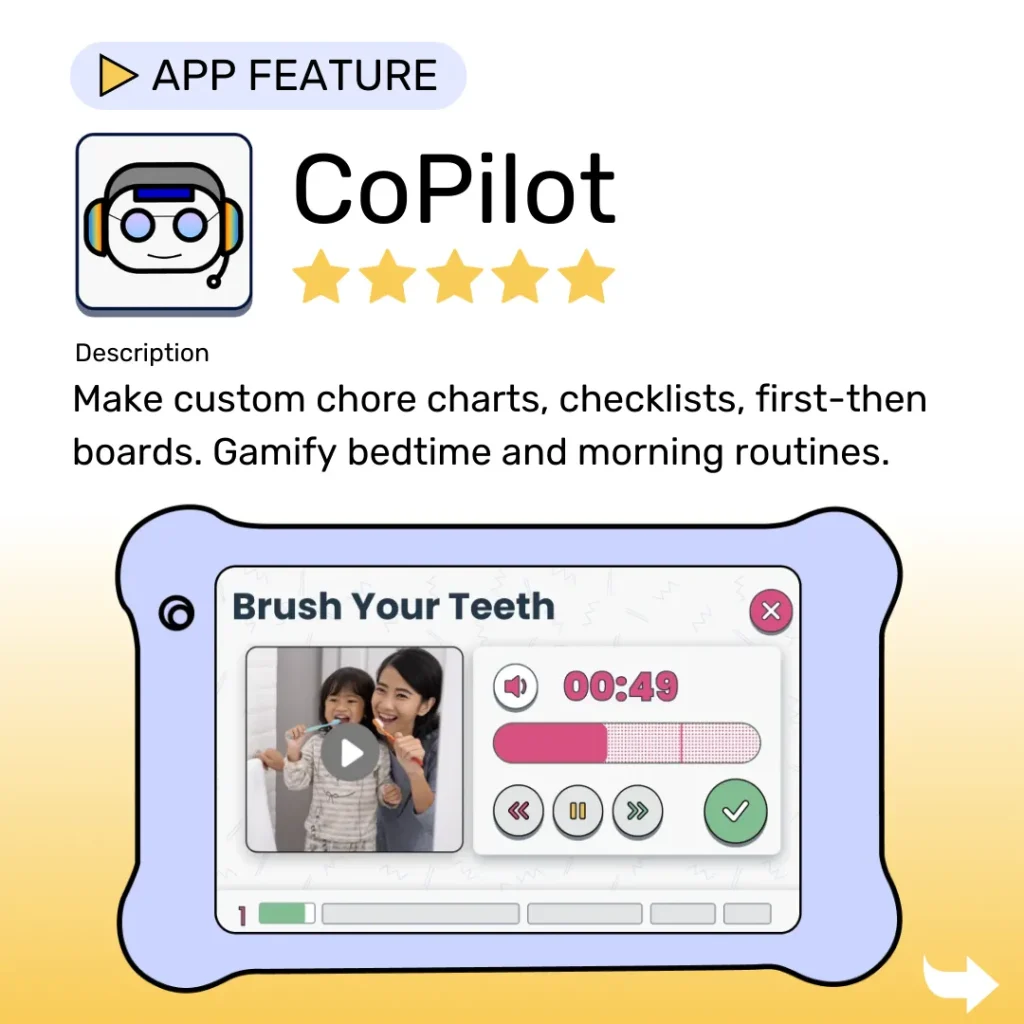As a licensed practitioner who works with kids, I’ve seen firsthand how important personal hygiene is for overall health and well-being. It’s not just about looking and feeling clean; good hygiene habits can help prevent the spread of germs, reduce the risk of infections, and even boost your confidence. In this article, I’ll share 10 essential personal hygiene practices that you can incorporate into your daily routine for a healthier you.
Table of Contents
1. Hand Hygiene
Proper hand hygiene is one of the most effective ways to prevent the spread of germs. To wash your hands correctly, wet them with clean water, apply enough soap to cover all surfaces, and rub your hands together for at least 20 seconds. Remember to clean between your fingers and the backs of your hands, and use a nail brush to remove dirt from under your nails. Rinse your hands thoroughly with clean water and dry them with a clean towel.
2. Oral Hygiene
Brushing and flossing your teeth regularly is crucial for maintaining good oral health. The American Dental Association recommends brushing your teeth twice daily with fluoride toothpaste and flossing at least once daily to remove plaque and food particles from between your teeth. Regular dental check-ups are also important for detecting and treating issues early on.
3. Showering
Taking regular showers is essential for keeping your body clean and odor-free. Most people benefit from showering at least every other day. Still, if you engage in sweat-inducing activities or live in a hot, humid climate, you may need to shower more frequently. Use a mild soap or body wash to cleanse your skin, and pay attention to areas like your armpits, groin, and feet.
Goally | The Tablet for Neurodiverse Kids

4. Nail Hygiene
Keeping your nails trimmed and clean is important for preventing the spread of germs and infections. Use a nail clipper to trim your nails regularly, and keep them short and even. If you have dirty or stained nails, use a nail brush to scrub them clean. Avoid biting your nails or picking at your cuticles, as this can lead to infections.
5. Toilet Hygiene
Proper toilet hygiene is essential for preventing the spread of germs and infections. Always wash your hands with soap and water after using the restroom. Clean the toilet seat and handle regularly with disinfectant wipes or spray. If you have young children, teach them proper toilet hygiene habits from an early age.
6. Sickness Hygiene
If you’re feeling under the weather, preventing germs from spreading to others is important. When you cough or sneeze, cover your mouth and nose with a tissue and dispose of used tissues immediately. Wash your hands frequently, and avoid close contact with others until you’re feeling better. If you have a fever or other severe symptoms, stay home from work or school to avoid spreading your illness to others.
7. Genital Hygiene
Keeping your genital area clean and dry is important for preventing infections and irritation. Use mild soap and water to clean the area daily, and be sure to pat dry thoroughly. Avoid using harsh soaps or douches, as these can disrupt the natural balance of bacteria in the area and lead to infections. See your healthcare provider for evaluation and treatment if you experience any unusual discharge, itching, or odor.

8. Clothing and Surroundings Hygiene
Keeping your clothing and surroundings clean and dry is important for preventing the growth of bacteria and other microorganisms. Wash your clothes regularly, especially items like underwear and socks that come into close contact with your skin. Change your sheets and towels frequently, and keep your living space clean and clutter-free.
9. Nose and Ear Hygiene
Cleaning your nose and ears regularly can help prevent the buildup of wax and other debris that can lead to infections. Use a soft, damp cloth to gently clean the outside of your nose and ears, but avoid inserting anything into your ear canal, as this can cause damage. If you have excessive earwax, see your healthcare provider for safe removal.
10. Foot Hygiene
Taking care of your feet is important for preventing fungal infections and other foot problems. Wash your feet daily with soap and water, and dry them thoroughly, especially between your toes. Wear clean, dry socks and shoes that fit properly, and avoid going barefoot in public places like locker rooms or swimming pools.

Goally | Best Videos to Teach Life Skills
Give your kid an independent future. Goally has 100+ video classes teaching life skills like “How to Choose a Restaurant,” “How to Interrupt Politely,” and “How to Get Ready for School.”
Goally takes kids on an adventure that includes interactive practice and checkpoints along the way! No web browsers, YouTube, or social media.
Incorporating these 10 personal hygiene practices into your daily routine can help you stay healthy, confident, and ready to tackle whatever life throws your way. Remember, small changes can make a big difference in your overall health and well-being. So start today, and see how good it feels to prioritize your personal hygiene!
Helpful Resources:
FAQ’s About 10 Personal Hygiene Practices
What are some essential personal hygiene practices for kids?
Essential personal hygiene practices for kids include handwashing, bathing, brushing teeth, trimming nails, and wearing clean clothes.
Why is personal hygiene important for children?
Personal hygiene is crucial for children as it helps prevent the spread of germs, reduces the risk of infections, and promotes overall health and well-being.
How often should children bathe or shower?
Children should bathe or shower at least every other day, or more frequently if they engage in sweat-inducing activities or live in a hot, humid climate.
What are some tips for teaching kids about oral hygiene?
To teach kids about oral hygiene, make it fun by using colorful toothbrushes, flavored toothpaste, and reward systems. Demonstrate proper techniques and supervise their brushing and flossing routines.
How can parents encourage kids to practice good personal hygiene?
Parents can encourage kids to practice good personal hygiene by setting a good example, establishing a consistent routine, and making hygiene practices fun and rewarding.
Emily is a seasoned blog writer for Goally, leveraging her extensive background in child psychology and special education to provide valuable insights and resources for parents. Her commitment to understanding and addressing the unique needs of these children, combined with her expertise in educational strategies, makes her a credible and empathetic voice for families.





